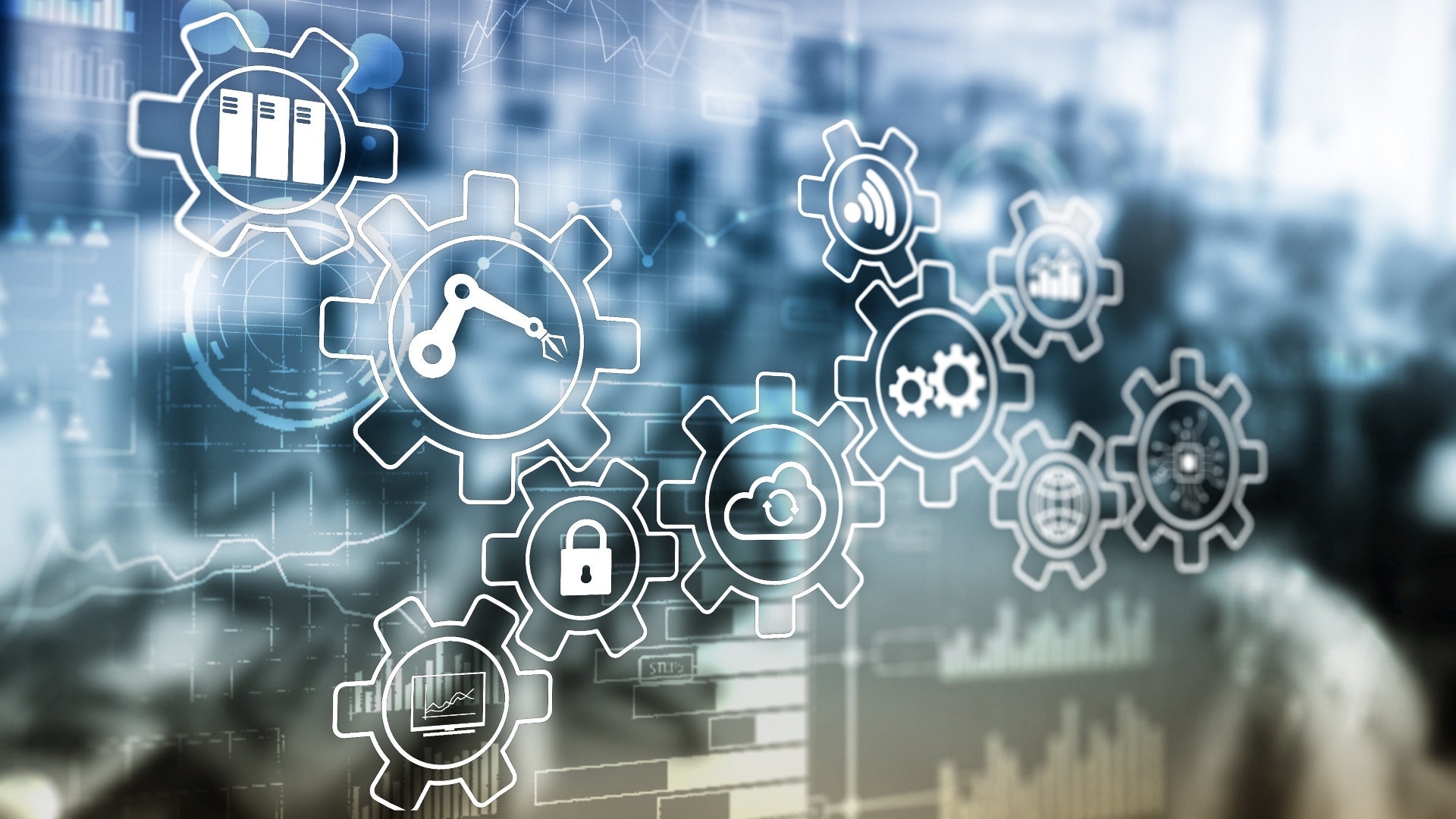

Automation has emerged as a game-changer across various industries, enabling businesses to increase production efficiency and gain a competitive edge. In this blog, we’ll delve into the critical role automation plays in different sectors and explore various automation techniques.
In today’s fast-paced business landscape, staying ahead of the competition requires constant innovation and optimization of processes. Automation has become the cornerstone of this evolution, revolutionizing the way companies operate. From manufacturing and logistics to e-commerce and beyond, automation has permeated nearly every aspect of modern business.
Automation techniques for enhancing efficiency and precision
Automation is revolutionizing industries across the board, ushering in an era of enhanced efficiency and precision. In this comprehensive overview, we delve into three key automation techniques: Robotic Process Automation (RPA), Machine Learning and Artificial Intelligence (AI), and the Internet of Things (IoT).
Robotic Process Automation (RPA)
Robotic Process Automation, or RPA, is at the forefront of automation innovation, transforming industries across the board. RPA leverages software robots to execute repetitive tasks, mimicking human actions with remarkable precision. This technology has become a pivotal tool in liberating human resources from mundane, time-consuming activities, allowing them to focus on more strategic endeavors.
In the manufacturing sector, RPA has emerged as a game-changer. Its application extends to various areas, including logistics and warehouses like Verbruggen palletizing solutions. These robots tirelessly execute tasks with unwavering accuracy, reducing errors and associated costs.
Verbruggen, a prominent name in the field of palletizing solutions, has embraced automated palletizing. RPA is a key component of their strategy, ensuring the consistency and precision needed on the production line. These digital workers excel at tasks like stacking products on pallets, arranging them efficiently, and ensuring the stability and integrity of the load.
Machine learning and Artificial Intelligence (AI)
Machine Learning (ML) and Artificial Intelligence (AI) represent the cutting edge of automation innovation. These technologies empower systems to learn from data, recognize patterns, and make intelligent decisions. In the logistics industry, AI-powered algorithms have transformed route planning. By analyzing vast datasets, AI identifies the most efficient delivery routes, reducing transportation costs and minimizing delivery times. This optimization not only leads to substantial cost savings but also results in improved customer satisfaction.
The potential applications of ML and AI extend beyond logistics, impacting various domains such as finance, healthcare, and marketing. Whether it’s predicting customer behavior, diagnosing medical conditions, or automating financial transactions, the ability of AI to process and interpret data is reshaping industries.
Internet of Things (IoT)
The Internet of Things, or IoT, represents a network of interconnected physical devices and objects linked to the internet. These devices collect real-time data, enabling remote monitoring and analysis. In agriculture, IoT sensors are a game-changer. They monitor soil conditions, weather patterns, and crop health, providing farmers with invaluable insights to optimize their yield.
IoT’s impact extends far beyond agriculture. Smart cities employ IoT technology to improve traffic management, reduce energy consumption, and enhance public safety. Manufacturers use IoT to monitor equipment performance, predict maintenance needs, and prevent costly downtime.
In conclusion, automation techniques like RPA, ML, AI, and IoT are at the forefront of modernizing industries. They streamline operations, reduce costs, and enhance precision, ultimately providing businesses with a competitive edge in today’s fast-paced world. As technology continues to advance, staying informed and embracing these automation techniques will be pivotal for organizations striving for excellence and innovation.
The transformative impact of automation
Automation has revolutionized industries, economies, and daily life worldwide. Technological advancements in automation have delivered greater efficiency, productivity, and innovation. Let’s explore how automation has transformed various domains.
In manufacturing and industry, automation has replaced manual labor with robotics and automated production lines. This shift enhances production speed, consistency, and precision, improving quality and safety.
Healthcare benefits from automation through robotic surgery systems and streamlined administrative tasks. These technologies enhance patient care and reduce errors.
Agriculture adopts automation with GPS-guided tractors and automated harvesting equipment, increasing crop yields and resource efficiency.
Logistics and supply chains rely on automation for efficient operations. Automated warehouses and real-time tracking improve order fulfillment and delivery reliability.
The financial sector uses automation in trading algorithms, risk assessment, and customer service, enhancing transaction speed and risk management while improving customer experiences.
E-commerce platforms leverage automation for personalized recommendations and customer support, enhancing sales and operational efficiency.
Smart cities utilize automation to control traffic, monitor air quality, and optimize energy consumption, resulting in cleaner environments and improved urban living.
Automation enters education with online learning platforms and AI-driven tutoring, providing personalized and efficient educational experiences.
In conclusion, automation has become a driving force behind operational excellence and competitiveness in various sectors. Whether it’s streamlining repetitive tasks through RPA, harnessing the power of AI and machine learning, or optimizing logistics with IoT, businesses can harness automation to their advantage.

Technology
25 March 2025
Ransomware-As-A-Service Variants on the Rise With Critical Infrastructure Providers at the Greatest Risk

Business Advice
25 March 2025
Claims Processing Automation: How Insurers Can Cut Costs and Improve CX

Technology
18 March 2025
Secret Signs Your Internet Security Has Been Compromised






















